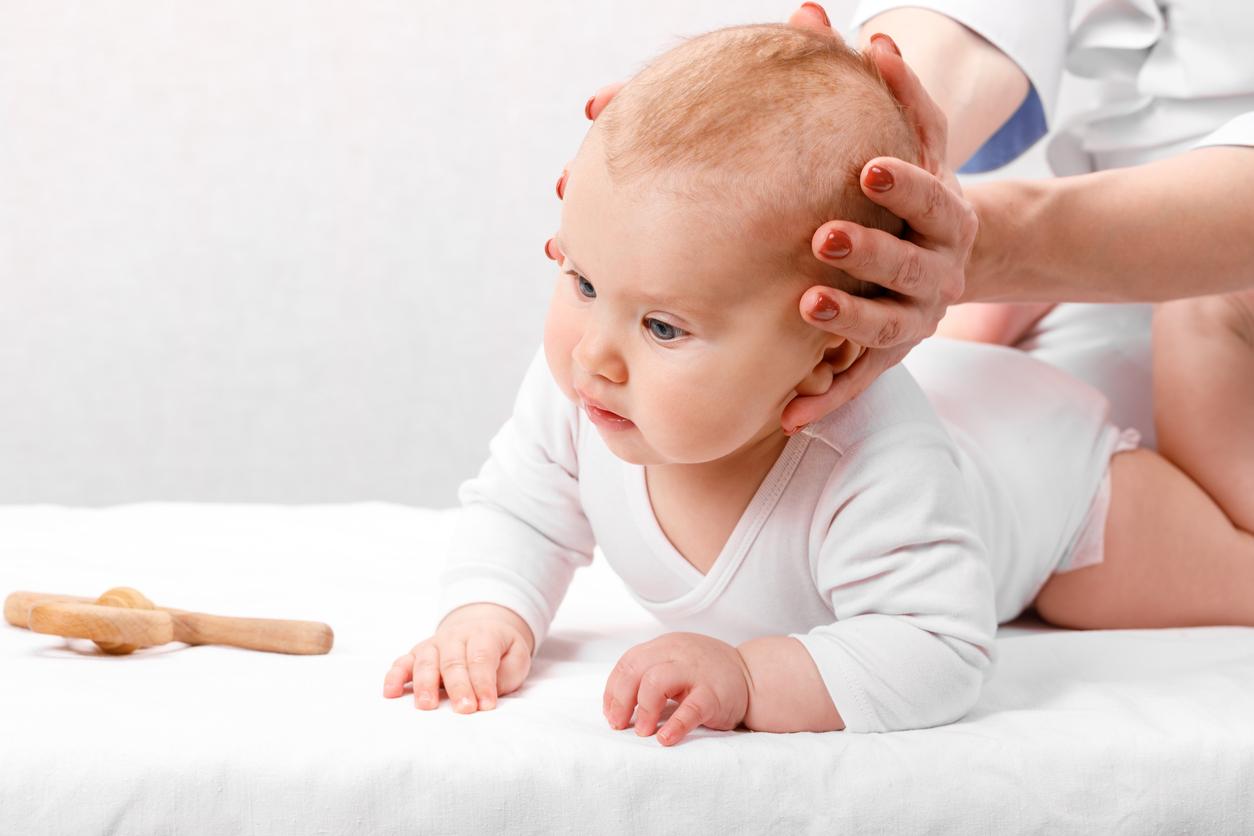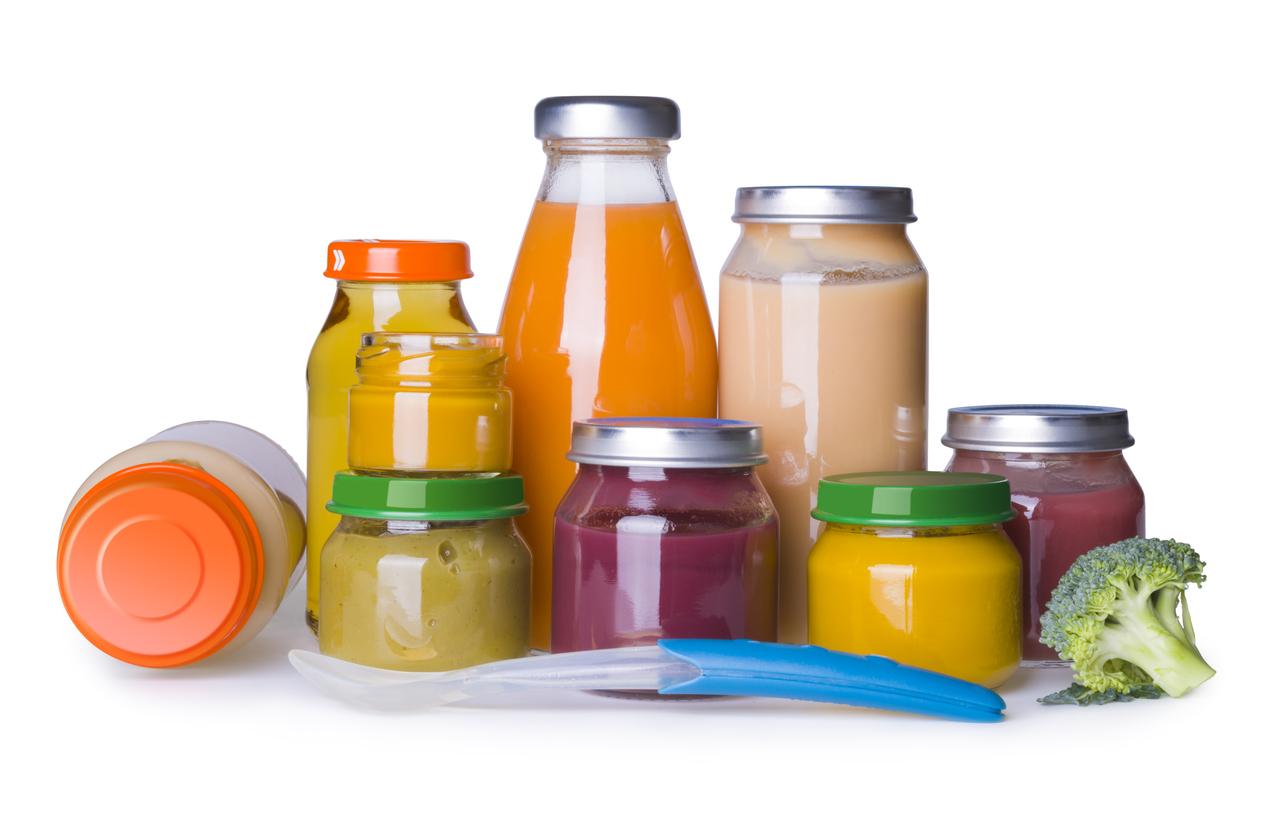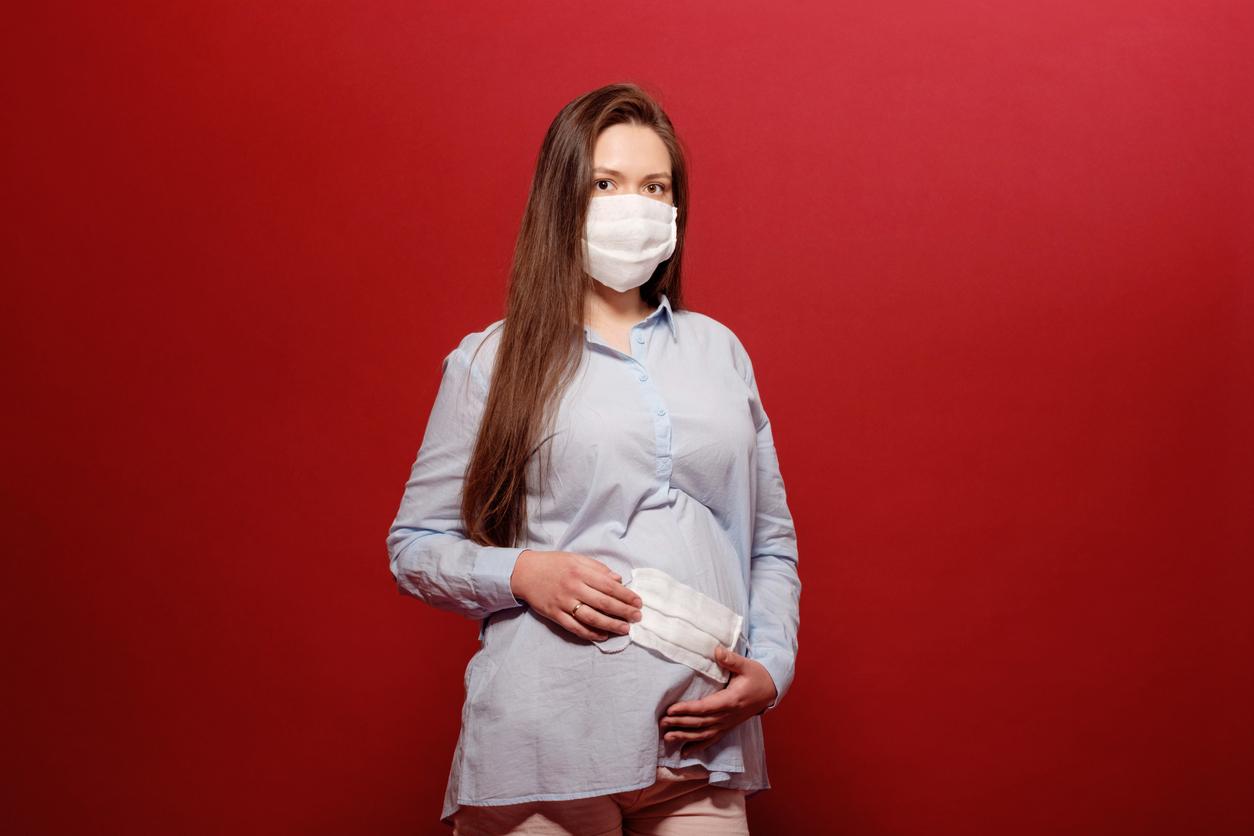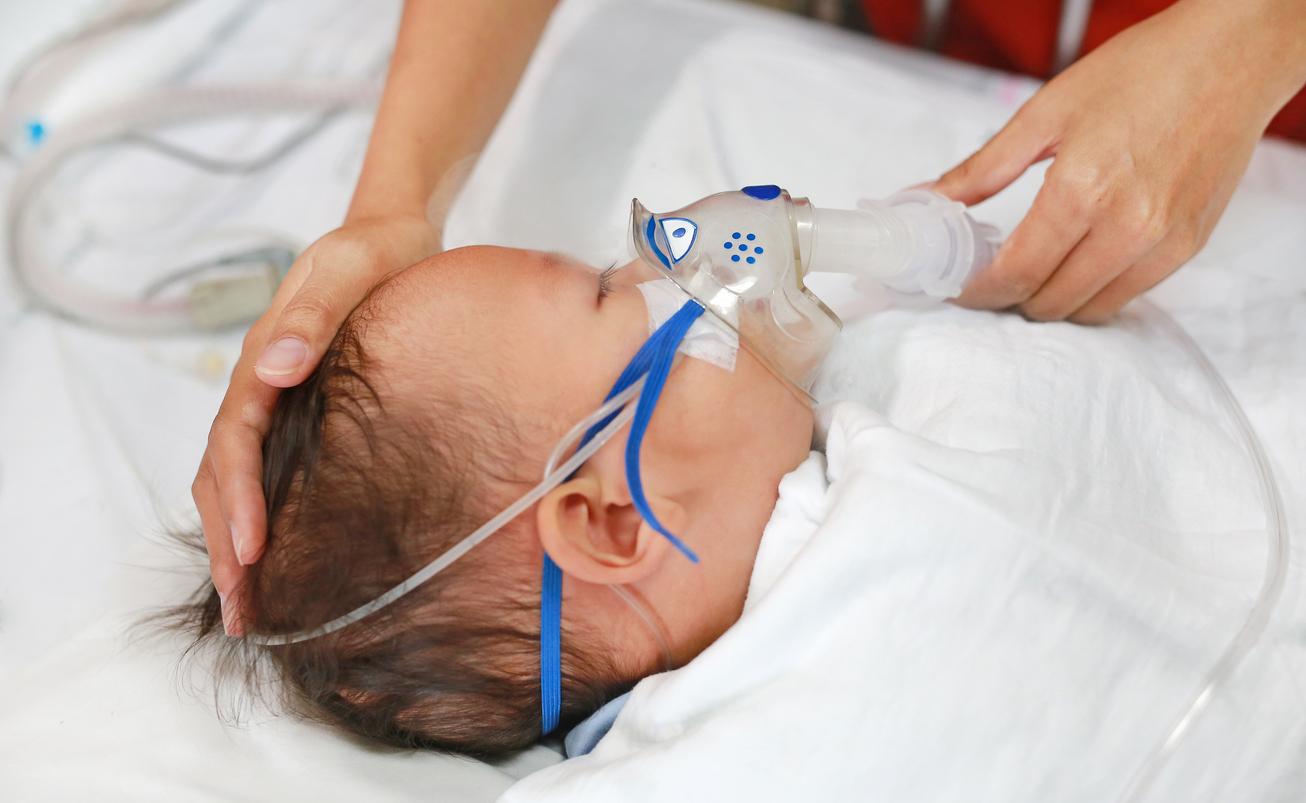
ANSES (the National Agency for Food, Environmental and Occupational Safety) proposes to exclude 200 chemicals commonly found in disposable diapers, on a European scale.
Protect the health of babies
The aim of this approach is to preserve the health of 90% of European babies from zero to three years old, by limiting the risks of exposure to chemicals present in disposable diapers. During the first 3 years of life, the baby will wear an average of 4000 diapers. This type of disposable linen is the most used in Europe and France. This is why, in 2019, ANSES assessed their safety. The finding turned out to be worrying, revealing traces of dioxins, furan, PCBs, aromatic hydrocarbons and even formaldehyde. Some of them are recognized to be irritants and carcinogens by the WHO. Since then, the State has strengthened its controls and a multitude of companies have been born, advocating layers ” green ” Where ” clean », Safe for children. Today, large firms must review their manufacturing method. The body goes even further, making a restriction proposal to the ICHA, which is the European Chemicals Agency.
Avoid health risks
The main question is how these potentially toxic substances get into disposable baby diapers. They achieve this unintentionally, as Céline Dubois, scientific coordinator at ANSE explains, “ they can be there because they are present in the raw materials that are used to make baby diapers or when bleaching these raw materials or generate when making baby diapers “. ANSES will then set thresholds not to be exceeded in order to drastically reduce the concentration of chemicals. It also wants to submit a method for analyzing layers which will have to be coordinated at European level. Finally, it wishes to consolidate controls on raw materials and manufacturing processes. These actions will make it possible to guarantee the same level of safety for all babies in Europe.
An innovative proposition
ANSES and France are pioneers in this area. They worked together to act at European level and to better frame the laws governing chemicals. Indeed, the diapers are manufactured in Europe or imported on European soil. However, states in Europe do not currently have specific regulations on chemicals present in diapers. If this proposal is adopted, all manufacturers who place baby diapers on the European market will have to comply with the restrictions.















